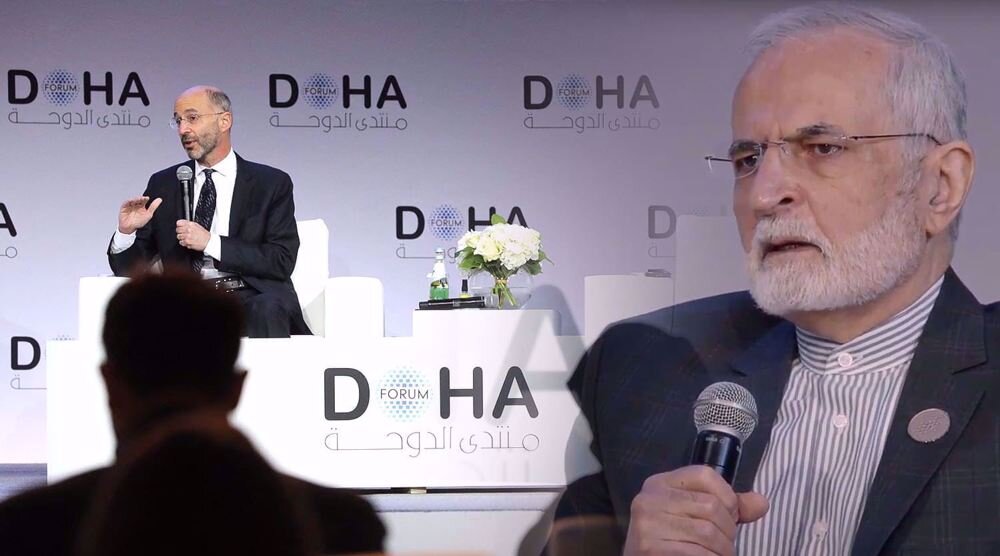IRGC is a national army and no national army can be named terrorist: Iran

TEHRAN - Kamal Kharrazi, chief of Iran’s Strategic Council on Foreign Relations (SCFR), said on Sunday that the Islamic Revolution Guards Corps (IRGC) is a national army that its name must definitely be removed from the so-called U.S. list of foreign “terrorist” organizations.
However, the U.S. envoy for Iran Robert Malley, said the military force will remain under sanctions even if a deal is reached in Vienna to revive the 2015 nuclear deal, officially known as the JCPOA.
Speaking at the Doha Forum international conference, Kharrazi said the IRGC is a national army and thus naming it a terrorist organization is unacceptable.
“The name of the IRGC should be removed from the U.S. list of foreign terrorist organizations. The IRGC is a national army and no national army can be considered a terrorist group,” noted Kharrazi who was Iran’s foreign minister from 1997-2005.
Iran, he said, will not back down from efforts to secure a removal the IRGC from the list.
Kharrazi also pointed to the talks in Vienna aimed at resurrecting the JCPOA ditched by the U.S. in May 2018.
“A nuclear deal is imminent, but issues depend on America’s political will. There must be guarantees that the U.S. will not withdraw from the nuclear deal once again in the future,” he added.
Kharrazi stressed that the U.S. policy of “maximum pressure” has failed and that the Islamic Republic will need time to verify the removal of the sanctions.
Malley remained defiant, telling the conference that the IRGC will remain sanctioned under U.S. law.
"Regardless of what happens to the IRGC issue that you raise, our view of the IRGC is many other sanctions on the IRGC will remain. This is not a deal that intends to resolve that issue," Press TV quoted Malley as saying
He also said a deal in Vienna was not "inevitable" and not "just around the corner”.
"I can't be confident it is imminent... A few months ago we thought we were pretty close as well," Malley said.
"We've been pretty close now for some time. And I think that tells you all you need to know about the difficulty of the issues,” he said.
"In any negotiations, when there's issues that remain open for so long, it tells you something about how hard it is to bridge the gap."
Malley said, "The sooner we get back into the deal, which is in our interest, and presumably Iran's interest, the more faithfully we implement it, and the more we can build on it to address the other issues between us and Iran and between Iran and the region.”
